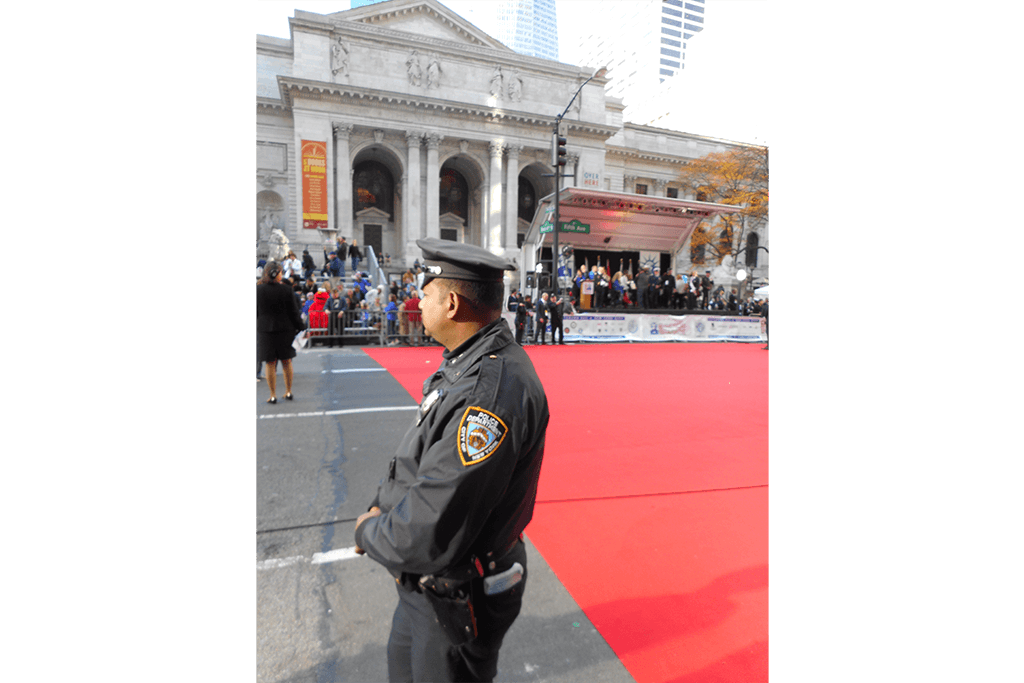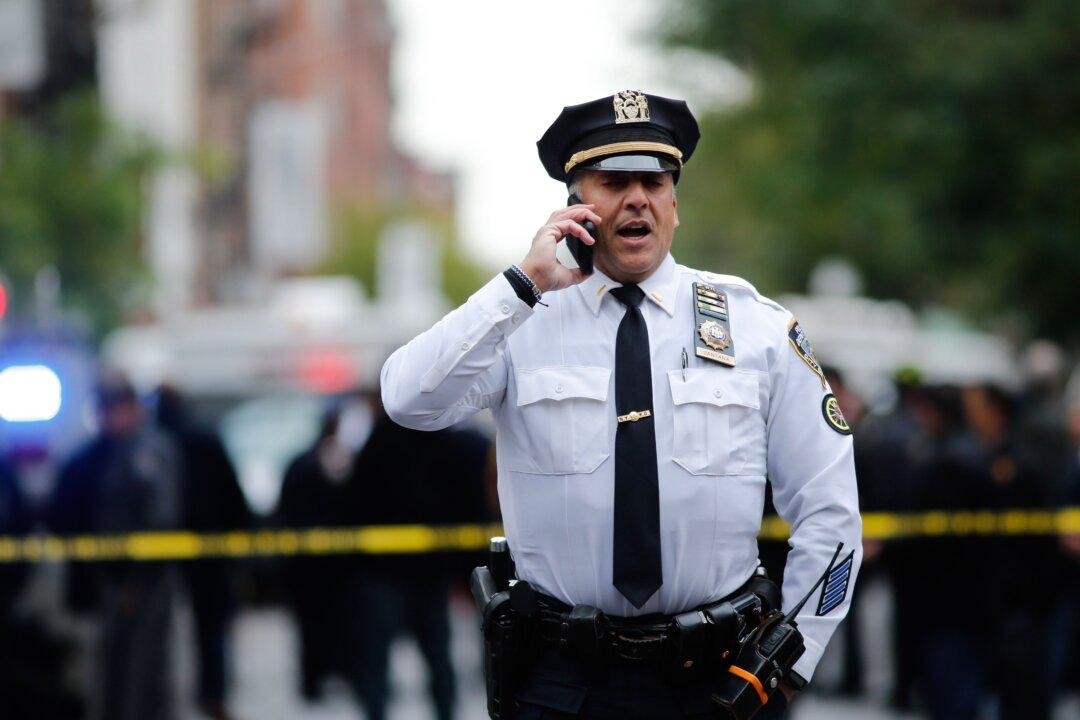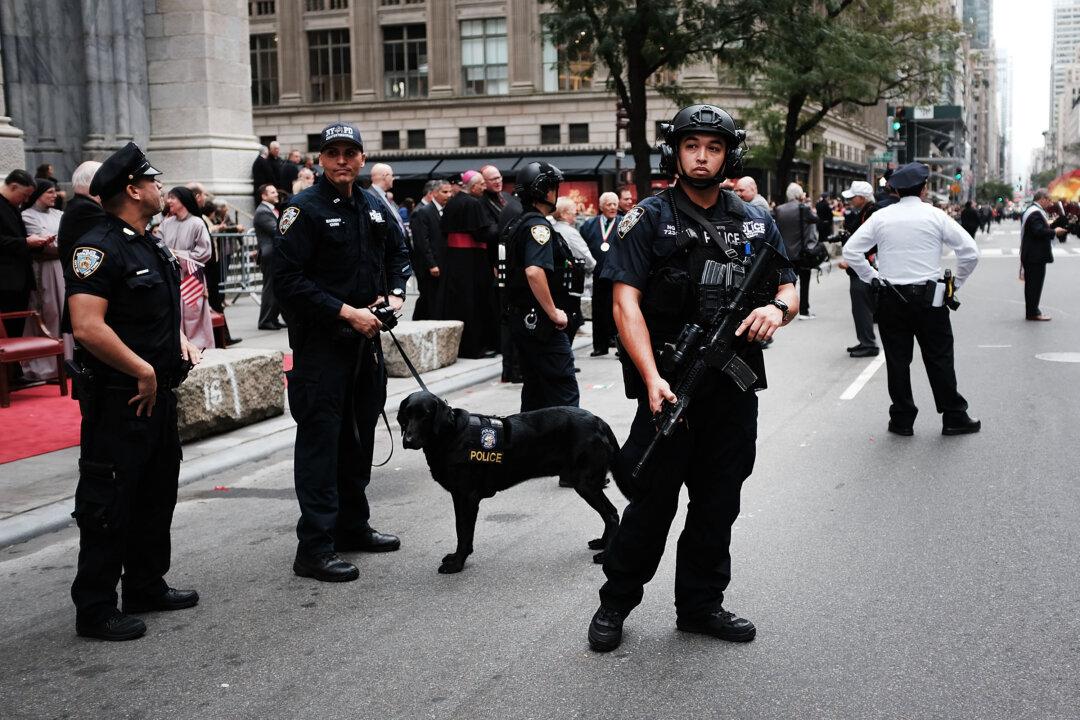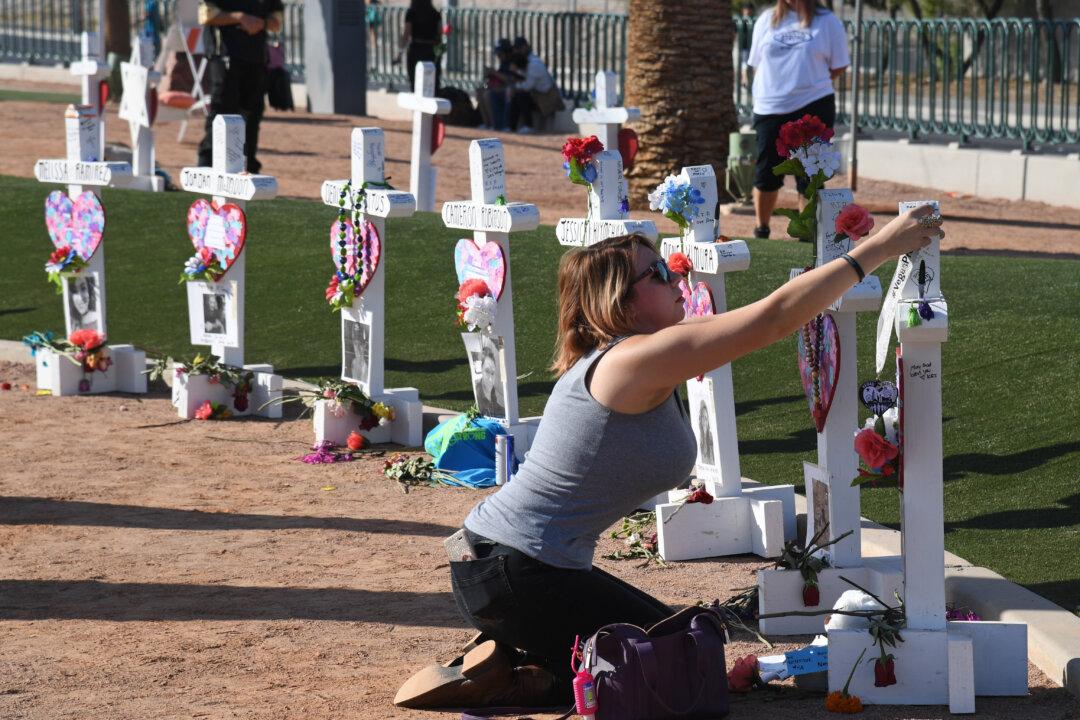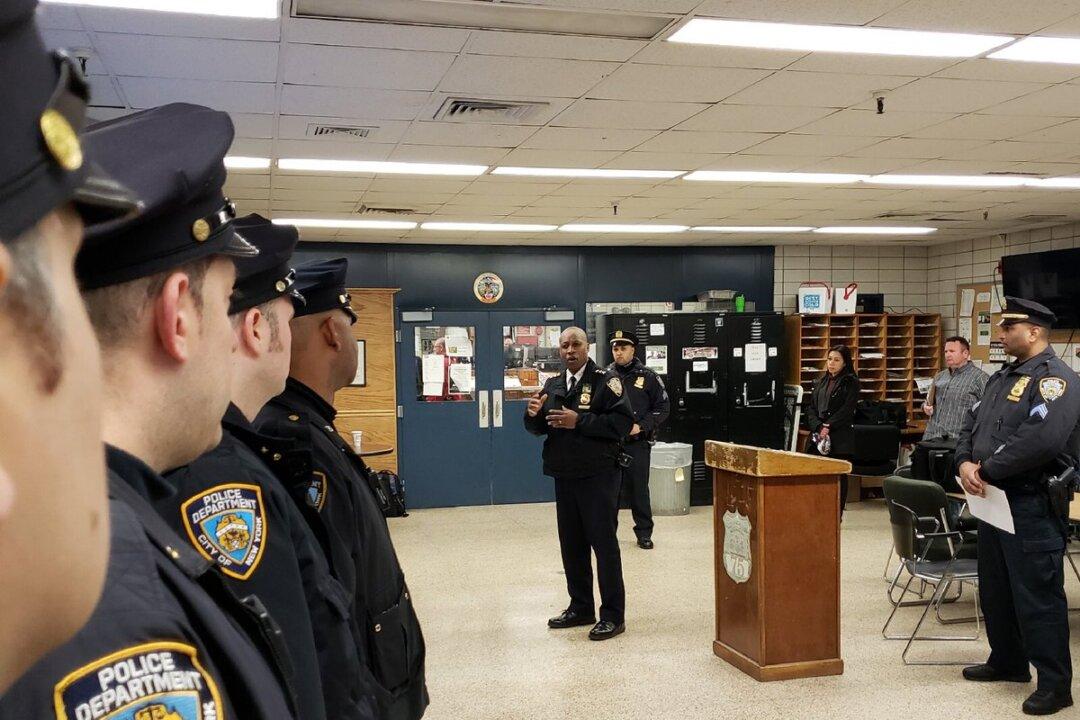America, we have a problem based on mistrust between the police and the people. It needs transparent honesty, moral reconciliation, and a transformative leadership at every level of the government and among every member of the community.
Realistically, unfolding events may get worse before they get better. The escalation of tensions includes continual reaction to the Ferguson tragedy and the response to the grand jury decision on the Garner death involving the NYPD.
The mistrust is deeply ingrained and counterproductive to the dynamics of effective policing as defined in the time-tested essence of police–community collaboration defined by Sir Robert Peel, the father of policing.
These two principles are the heart of Peel’s philosophy and critical to building trust, cooperation, and respect between the police and the people:
- Police use physical force to the extent necessary to secure observance of the law or to restore order only when the exercise of persuasion, advice, and warning is found to be insufficient.
- Police, at all times, should maintain a relationship with the public that gives reality to the historic tradition that the police are the public and the public are the police.
Renewing Community Policing
According to the U.S. Department of Justice, community policing is defined as “developing partnerships between law enforcement agencies and the communities they serve so they can work collaboratively to solve problems.”
For 20 years, I have been an advocate of the benefits of community policing as critical to the heart of police–community trust.
Initiatives that I have been privileged to participate include the following:
- Authoring over 90 articles and this Epoch Times column along with over 480 blog entries and my newest book that highlights the necessity of community policing
- Presentations throughout America to police, educators, government leaders, students, and community members on community policing as the heart of leadership, violence prevention, and crisis planning
- Serving as a primary instructor for a U.S. Department of Justice program that certified police rank and file and community members as community policing practitioners
- Serving the Bergen County Police Chiefs Association with monthly remarks for 12 years. Police chiefs from over 70 jurisdictions as well as FBI, NYPD, and other county, state, and federal agencies attend the meetings along with community associate members
- Organizing and serving as a speaker at hundreds of conferences, seminars, symposiums and professional development events to cultivate community policing
White House Concerns
Community policing has now entered front and center at the White House due to the need to build police–community trust.
The president has called for “sustained conversation” that enhances police–community accountability, transparency, and trust.
The president’s plan to strengthen community policing entails:
- Reforming the way the federal government equips law enforcement, particularly with military-style equipment
- Investing in the use of body-worn cameras and promoting proven community policing initiatives
- Engaging law enforcement and community leaders to devise new ways to reduce crime while building public trust
Steps to complement this plan include:
- Creating a task force to promote and expand community-oriented policing
- Expanding training for law enforcement agencies
- Adding more resources for police department reforms
Final Reflections
The events in Ferguson, New York City, and around the country have crystallized police–community trust as critical to a nation.
The nation and the world are watching. America must rise to the occasion and enhance police–community trust, collaboration, and leadership. This will only be possible when respect, diversity, and reconciliation are cultivated.
Community policing must be central to reawakening the nation. It deserves full dedication from every member of law enforcement (not just selected members assigned to a community policing unit) and from all members of every community.
Endless rhetoric, political appointees, and self-serving commissions will only be a waste of time.
America deserves action, leaders of character, and police–community cohesiveness so we may live the legacy of justice destined for our nation.

